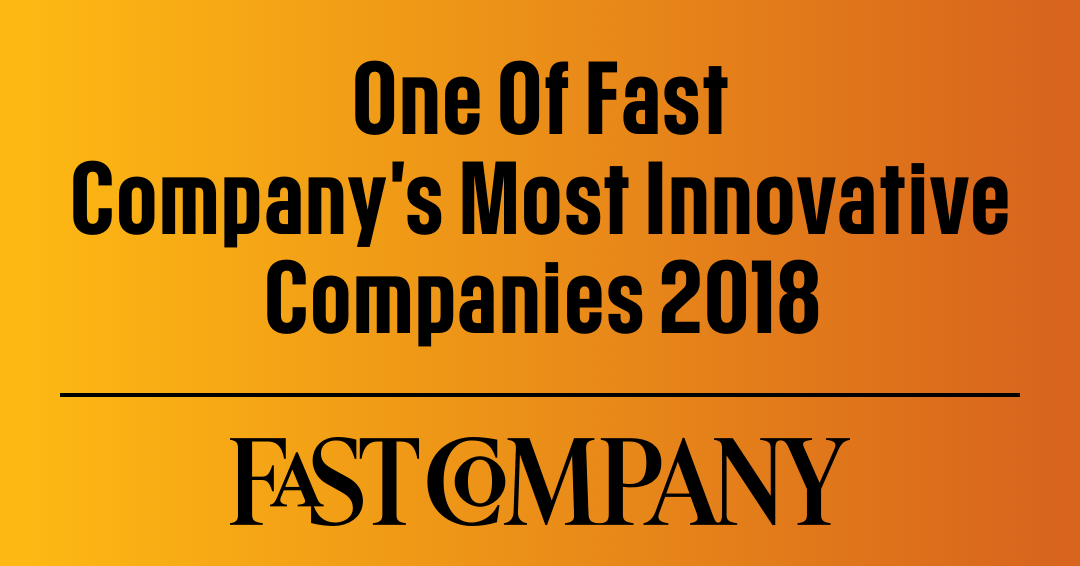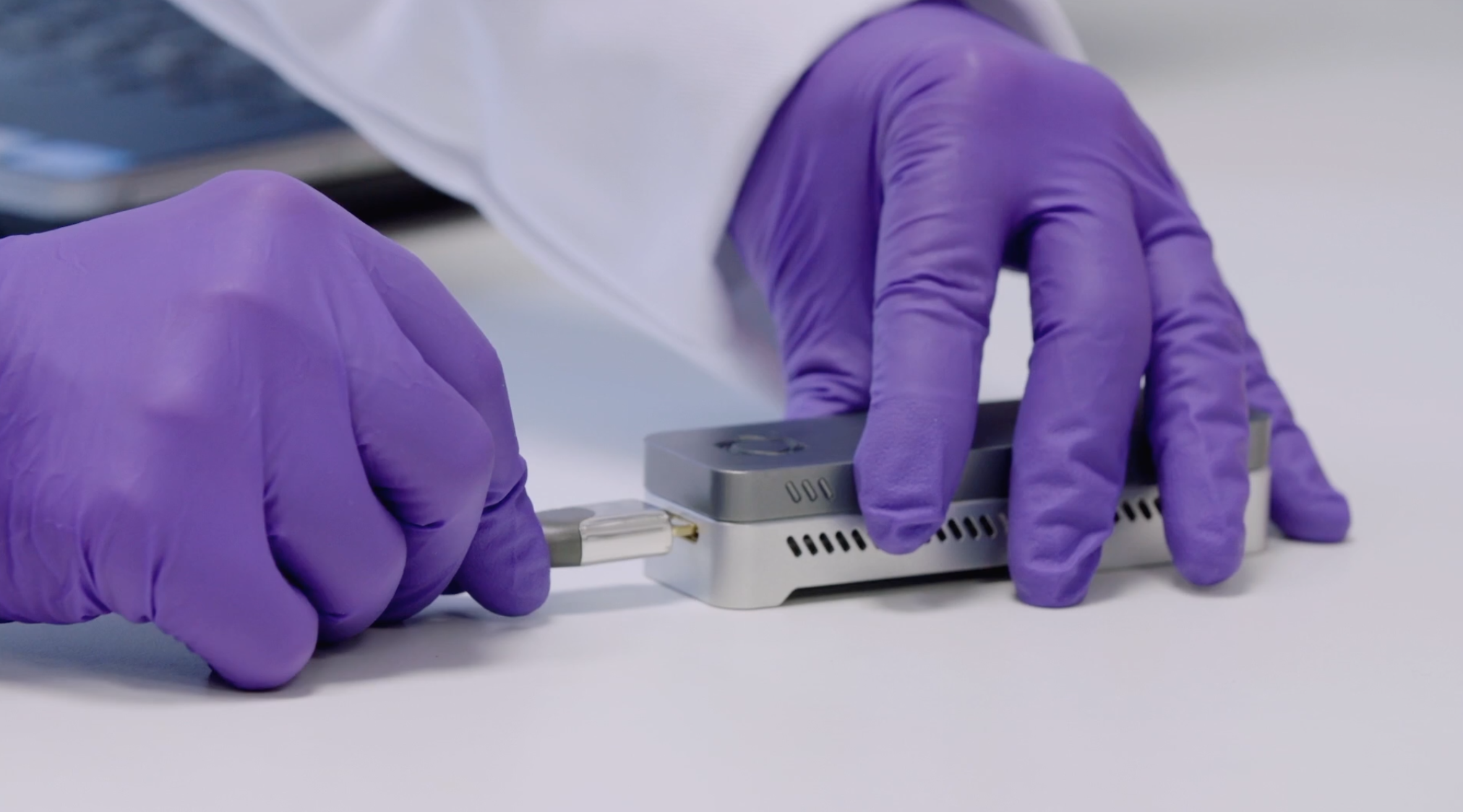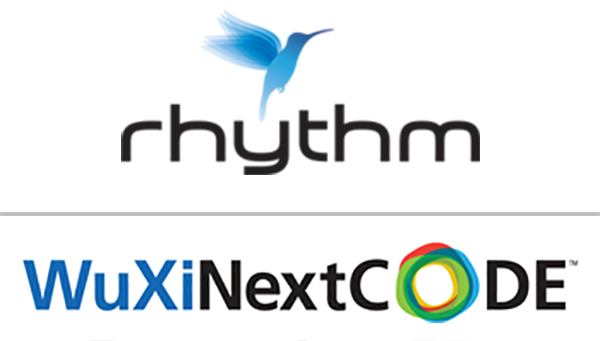I am very proud to be able to share the announcement ( https://prn.to/2P70TnP) detailing WuXi NextCODE’s acquisition of Genomics Medicine Ireland (GMI) as part of a massive $400M investment underway to create one of the largest genomic databases on the planet! The creation of such large datasets with deep genomic information (whole genome) combined with deep phenotype data (surveys, eMR, wearable data) is the key to unlocking the promise of personalized medicine. This will benefit individuals and patients everywhere and lay the foundation to transform medicine. From today’s announcement:
“ Genomics Medicine Ireland (GMI), today announce details of a $400 million (€350M) investment programme aimed at making Ireland an important hub for genomics research and development of new disease treatments and cures. Under the initiative, GMI will become a subsidiary of WuXi NextCODE, which serves as the technology engine for the leading population genomics efforts in Europe, the US and Asia. This will create up to 600 high-value jobs over five years and will position GMI as the cornerstone for a Silicon Docks-modelled International Centre for Advanced Life Sciences (ICALS). Under the terms, the investment announced today will launch with a $225 million (€197M) investment and increase to $400 million in line with the achievement of milestones as GMI expands and an ICALS develops in the medium term.”
As a co-founder of both WuXiNextCODE and GMI (https://bit.ly/2zuhuNJ) this is an exciting culmination of work that began four years ago when we first suggested the creation of GMI to our then venture backers Arch and Polarisin may 2014. At the time, our vision for GMI was :
“……to launch the Ireland Genome Initiative [subsequently renamed as Genomics Medicine Ireland] and create a sequencing center which would seek to analyze 20-40,000 [which has now been increased to 400,000 people!] well characterized patients and controls from Ireland. This would create a central data resource which could be used by clinicians and researchers within Ireland and also provide a resource to pharmaceutical companies wanting to do discovery work. The broad objective would be to ensure that Ireland would take part and become a leader in personalized medicine. This would allow Irish scientists to establish a leadership position in the field and create an infrastructure that could be leveraged in multiple ways.”
This vision has now been realized through the combination of GMI and WuXiNextCODE.
The partnership forged with Abbvie on behalf of GMI and WuXiNextCODE in 2017 is the anchor commercial partnership for the combined company and a showcase of things to come in commercializing big cohorts. This partnership remains one of the largest pre-clinical discovery deals forged between a global pharmaceutical company and biotechnology enterprise.
With today’s announcement, Ireland (hyperlink) is poised to play a significant role in the years to come in driving forward scientific discovery. And the company that is helping to realize this vision, WuXiNextCODE, is poised to become the leading provider of solutions and content that hold unparalleled promise for the future of medicine and wellness. That’s a great place to be for the people of Ireland.
A big day for science and personalized medicine – and congratulations to all involved!






